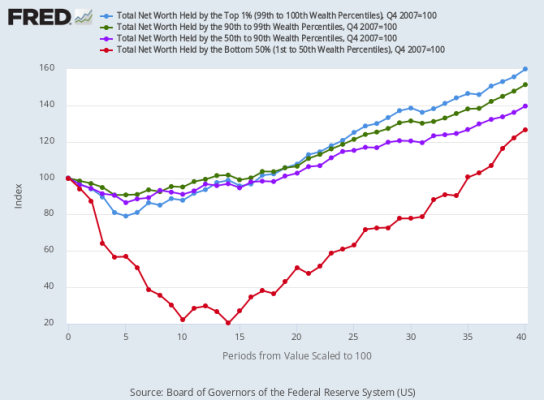retiredunder50
Recycles dryer sheets
People can still succeed these days, but it is harder. We can point out that the kids are drinking expensive coffee and are paying too much for their phones, but the inflationary costs for the big ticket expenses of college education and housing and health insurance are a reality. When I went to the state university for my undergrad (ok, 4 decades ago), tuition and fees were a hair under $1K. It is now approaching $16K. I realize the then-year dollar versus current-year, but realistically, the starting salary of $25K 40 years ago isn't $400K today). Paying for health insurance was never a real concern in the 70's, 80's & 90's as it was either a 'free' benefit included in your compensation or it cost next to nothing and certainly nowhere near what it costs today. Pension availability was definitely higher back then as well. Sure, there are things that cost less today, but the big ticket expenses are what makes it more difficult for the kids today. Add to that the national debt, shaky social security funding, environmental issues, annual budget deficits... It may become even more difficult for them.

